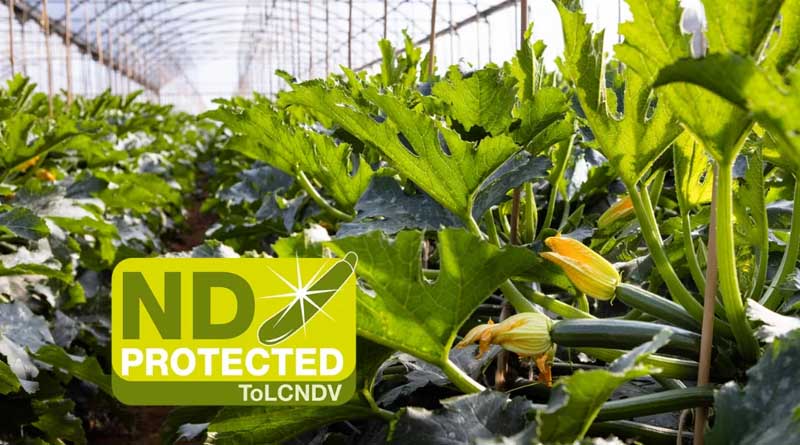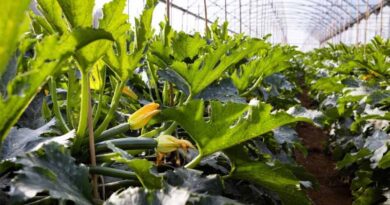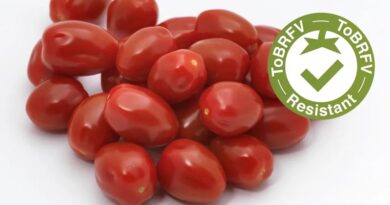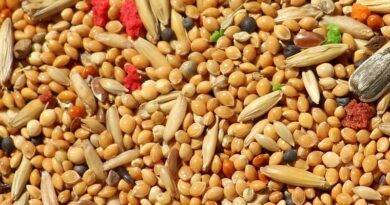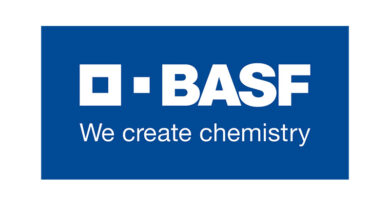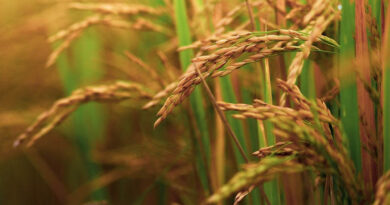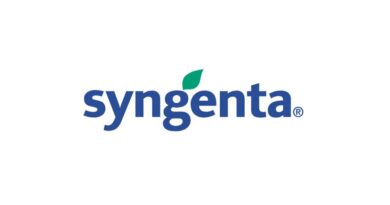Syngenta Introduces Two New ToLCNDV Resistant Squash Varieties for Mediterranean Basin
31 October 2023, UK: To help offset the challenges created by Tomato Leaf Curl New Delhi Virus, ToLCNDV, growers today now have access to two new squash varieties featuring resistance. The new varieties, Alpha and Delfos, provide growers with genetic resistance for season-long protection.
“Syngenta has a history of excellence in the squash market, so we prioritized finding the right varieties for growers when it came to the New Delhi Virus,” said Peter Szungyi, Syngenta Vegetable Seeds Portfolio Manager for Watermelon and Squash. “We wanted to find varieties that have the ToLCNDV resistance, but also good fruit quality and resistance to the other diseases they care about. We found it.”
Moving on the wings of a small white fly, ToLCNDV has the potential to devastate yields and destroy zucchini fruit quality. Learn more about the solutions available today and how Syngenta is helping support growers in the fight against ToLCNDV.
New ToLCNDV resistant squash
Left unchecked, ToLCNDV can decimate squash yields to zero – including actual yield loss and losses from damaged fruits that cannot be marketed. Alpha and Delfos give growers new options to protect their yield potential and fruit quality.
“Our goal is to find squash varieties and resistances that work in different environments so growers have solutions wherever the virus might appear,” said Guillaume Menet, Syngenta, Squash Breeding team Lead. “This means we’re dedicated and using our experience in breeding squash, to develop the right parental lines and create new hybrids with the desired agronomical traits and the resistance to all of the diseases that matter-including ToLCNDV.”
Available today, these short-season varieties are suitable for protected cultivation and also feature resistance to powdery mildew. Alpha and Delfos both feature striking fruit set, with dark coloration and glossy appearance in addition to good shelf life.
The impact of ToLCNDV has been especially concerning for growers in the Mediterranean Basin. Alpha and Delfos zucchini will be available to growers in these heavily damaged areas first, with additional regions to be added in the coming years.
How to identify ToLCNDV in squash
ToLCNDV is a Begomovirus transmitted by the white fly Bemisia tabaci. Understanding the symptoms of the virus is important to understand when it’s time to look for control options such as genetics or insect control to reduce the spread.
This virus appears differently in each cucurbit or Solanaceae crop it infects. For squash, growers should look for slowed or stopped growth, leaves that curl up toward the underside, leaves turning yellow with marked green nerves, lost fruit set, or fruit production stopping altogether. Squash fruit is especially impacted compared to other crops, resulting in deformations and skin defects that make the fruits unmarketable.
The ToLCNDV can spread between cucurbit species and from Solanaceae crops. This means practicing good hygiene in infected areas is critical in addition to looking for control options such as genetic resistance found in Alpha and Delfos.
Get updates on the latest research in cucurbit resistance to ToLCNDV and other viruses, including cucumber and melons, at www.syngentavegetables.com.
Also Read: John Deere Foundation announces $19 million in grants aimed at eliminating global hunger
(For Latest Agriculture News & Updates, follow Krishak Jagat on Google News)

